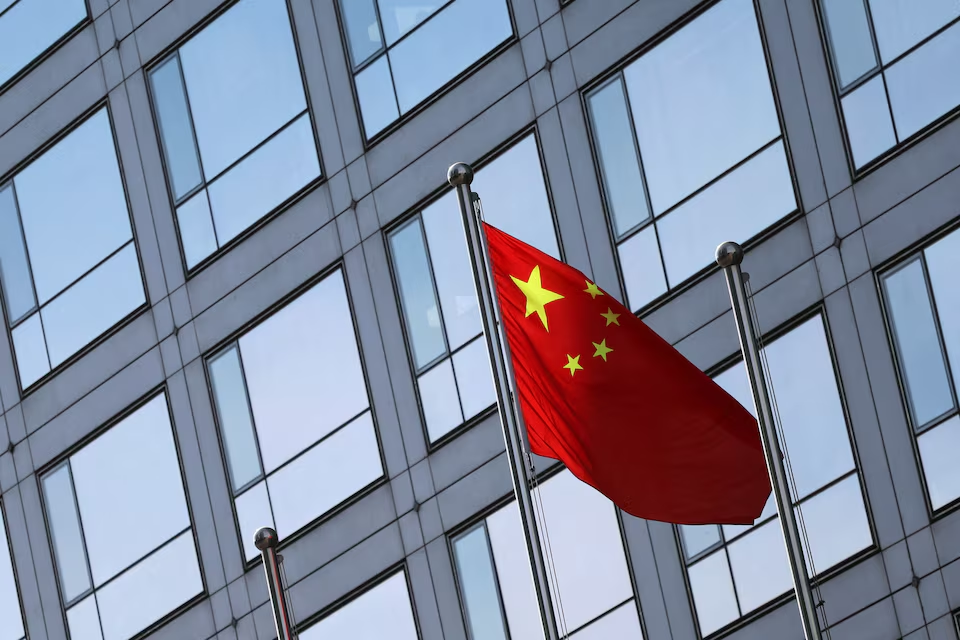More than a year after China pledged to smoothen the process for offshore listings, firms are reeling from a regulatory logjam that is unlikely to ease soon, and staring at the prospects of sharply lower valuations even as market sentiment improves.
Hopes for a revival in overseas listings were sparked by Beijing’s vow in April to facilitate Hong Kong IPOs and a strong debut of Zeekr (ZK.N), opens new tab in New York last month. China has clamped down on offshore capital raisings since 2021.
A 6.1% year-to-date jump in the Hang Seng index (.HIS), opens new tab as of Friday, after having fallen as much as 18% in the past year, was also expected to offer a window of opportunity for IPO entrants.
But bankers, China company executives and their investors said they expect the offshore IPO drought to continue this year, weighing on firms’ ability to raise capital in a slowing economy.
Offshore listings are critical fundraising channels for Chinese companies. These deals also account for a bulk of the revenue global investment banks make in Asia.
A lack of such deals, as a result of China’s regulatory crackdown as well as volatile capital markets and geopolitical tensions over the past couple of years, has resulted in bank layoffs and weighed on returns for private equity funds.
At least $20 billion worth of Chinese firms’ Hong Kong IPO proposals have been awaiting approval for months, according to Reuters calculations. Bankers close to those deals say most of the sizable ones are unlikely to hit the market soon.
The China Securities Regulatory Commission (CSRC), which unveiled rules for boosting oversight of offshore listings last March, had approved just one IPO until May 24. The regulator’s website on Friday showed it has approved seven more filings.
In response to Reuters request for comment sent last Thursday, the CSRC said it had always supported domestic companies to lawfully tap both onshore and offshore markets for financing and development purposes.
A Hong Kong-based banker, who declined to be named due to the sensitivity of the matter, however, said it sometimes takes months from IPO application to regulatory approval.
The bottlenecks are mainly caused by inter-departmental scrutiny, said the listing advisers.
Chinese companies with a so-called variable-interest-entity (VIE) structure, common for firms with foreign investors, must obtain approval from their respective primary industry regulators under the new filing regime.
But the CSRC has no authority over other government and communist party bodies, such as the cyberspace authority, which has led to delays and uncertainty for companies, the advisers said.
Since the implementation of the offshore listing rules, the CSRC has “actively and orderly” processed the IPO applications, and the number of companies that have completed filing has increased each month, the regulator said.
APPROVAL PROCESS
CSRC approval, referred to as completion of IPO filings, is the regulatory go-ahead a company needs before launching an IPO – a process that ended years of laissez-faire approach to overseas fundraising.
The approval process has on average delayed an offshore offering by two to three months, with time needed for all regulatory clearances totalling at least eight to nine months, a senior banker at a foreign bank said.
Chinese companies raised $1.5 billion in offshore IPOs as of May 17, down 21% on year, LSEG data showed, far below the $27 billion record set in 2021.
The CSRC said it would continue to “optimise the overseas listing filing supervision mechanism”, and that “in the near future more companies will successfully complete the filing”.
The lengthy regulatory process comes on top of China’s slowdown and a property sector crisis, which have made both issuers and investors wary about equity offerings and company valuations.
JD Industrials, a VIE-structured company, whose Hong Kong listing application was filed more than a year ago, is still awaiting approval pending supplementary materials, a regulatory disclosure shows.
Its parent company JD.COM (9618.HK), opens new tab has withdrawn the spin-off listing of another unit – JD Property, after the latest Hong Kong stock exchange filing lapsed, two sources with knowledge of the matter said.
JD Property did not get CSRC clearance, they said, although it was not clear if regulatory hurdles were the reason for the withdrawal.
JD.com, the parent company of JD Industrial and JD Property, did not respond to Reuters request for comment.
Some IPO aspirants worry they may have to list at lower valuations if demand wanes by the time approval is granted, a banker and a senior executive at a potential listing candidate said.
Others have accepted the slow pace of approvals and not sought to lobby regulators, they added.
“In the past, it was often the case that regulators quietly championed firms seeking to list abroad. Now the political incentives have completely changed,” said Christopher Beddor, deputy director of China research at Gavekal Dragonomics.
“There’s a lot of downside risk for supporting a foreign listing, and not a lot of upside.”
Get a look at the day ahead in Asian and global markets with the Morning Bid Asia newsletter. Sign up here.
Reporting by Kane Wu, Julie Zhu and Selena Li in Hong Kong and Scott Murdoch in Sydney; Additional reporting by Sophie Yu and Jenny Yu in Beijing; Editing by Sumeet Chatterjee and Jacqueline Wong



